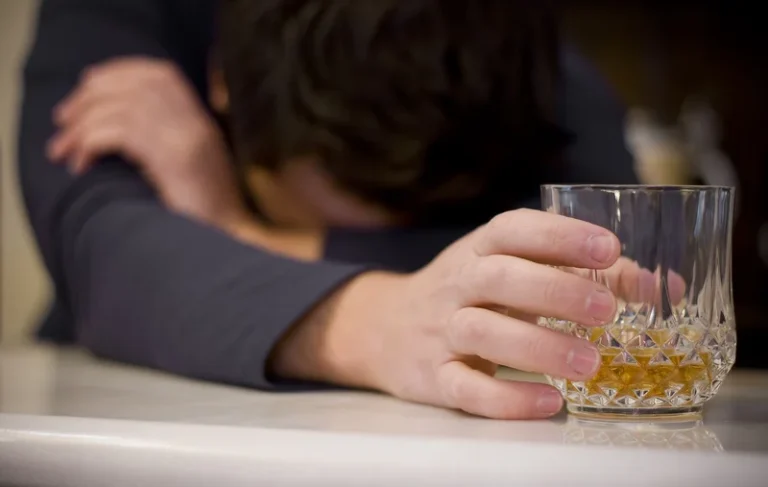
The core results presented in Table 4 are insensitive to several important changes in specification and model. First, adding time-varying controls did not change the signs on the alcohol consumption variables and had little effect on either the magnitude or statistical significance. The bottom line is that alcohol is potentially addictive, can cause intoxication, and contributes to health problems and preventable deaths. If you already drink at low levels and continue to drink, risks for these issues appear to be low.
- If you’ve noticed you’ve gained weight or tend to bloat when you drink alcohol, you may want to consider cutting back on your alcohol consumption.
- Eliminating or reducing alcohol consumption is a common dieting behavior.
- Read on to learn more about the relationship between alcohol and weight gain.
- We used data from Waves 1 and 2 of the NESARC to examine the effects of alcohol use on BMI among adults.
Rethink Drinking Alcohol: Steps Towards a Healthier Lifestyle
An iterative regression approach then proceeds where Huber weights and biweights are assigned until convergence is achieved. Additional details on robust regression can be found in Berk (1990), Li (1985), and Rousseeuw and Leroy (1987). Thanks to generous benefactors, your gift today can have 5X the impact to advance AI innovation at Mayo Clinic.

Limiting alcohol
- Studies have also found that your self-control is lower after a poor night’s sleep (7).
- The core results presented in Table 4 are insensitive to several important changes in specification and model.
- However, the alcohol bloat will last only 1-3 days if you get right back on your diet and exercise routine.
- The estimated standard errors are quite small, suggesting that this result is not due to lack of power.
- In a study published in 2018, people who stopped drinking lost 1.6% more weight than those who did not change their alcohol intake.
An accurate measurement of the true relationship between alcohol use and BMI is difficult to obtain with cross-sectional data. Variables that are unobservable to the analyst (such as genetic determinants of body type, preferences, and alcohol tolerance) affect both variables of interest. We therefore eschew cross-sectional data for longitudinal data from the NESARC to sweep away time-invariant omitted variables with first-difference models. Identification of first-difference models rests upon changes in individuals’ alcohol use and BMI across the two waves. Fortunately, there is substantial within-person variation in the data. We posit that, ceteris paribus, changes in the frequency and intensity of alcohol use, if large enough, will result in changes in BMI.

What Does Alcohol Do to Your Body? 9 Ways Alcohol Affects Your Health
If additional calories from alcohol are ingested, then daily calorie intake may be just high enough to slow weight loss, especially if the dieter is sedentary. Relative risks of becoming overweight does alcohol make u gain weight or obese according to baseline alcohol intake in subgroups of women. Aside from the immediate influence on appetite that comes from alcohol consumption, there are also effects on energy storage.
Switching to a low-carb alcoholic seltzer is also better if weight maintenance or loss is your goal. If consuming alcohol in the evening, do so at least 3 hours before going to bed. This will allow your body enough time to metabolize the alcohol properly.
It Can Impair Your Judgment and Food Choices

“Across the board, for people who are trying to lose some weight, cutting out empty calories is a good place to start,” emphasizes Dr. Heinberg. So yes, it’s possible to gain weight from alcohol, but it’s not inevitable. For example, Simon says that alcohol can affect levels of reproductive hormones like testosterone and estrogen. To prevent alcohol poisoning and possible death your liver focuses all its energy on metabolizing, or breaking down, the alcohol into non-toxic components.
Does Drinking Alcohol Prevent You From Losing Weight?
Additionally, drinking alcohol negatively impacts your metabolism and body’s ability to burn fat, contributing to weight gain. Consuming alcohol also makes you hungrier for high fat, high sodium food while impeding your judgment, which further contributes to poor food choices. We surmise that one of the main reasons for the relatively small effect sizes is compensating behavior by alcohol consumers. It is conceivable that moderate drinking is a marker for moderate living.










